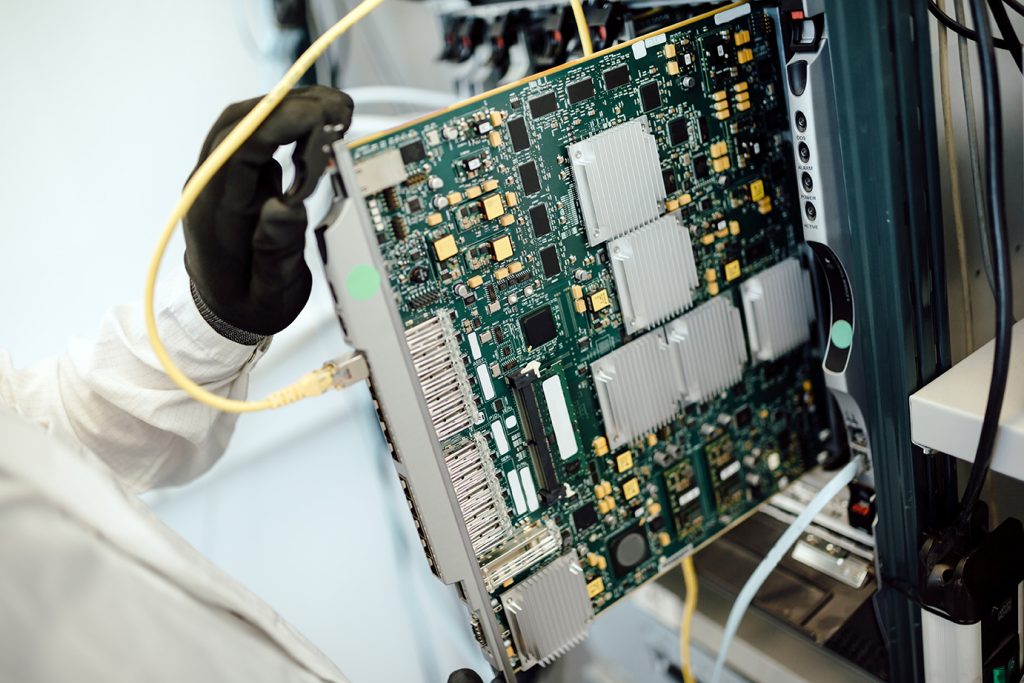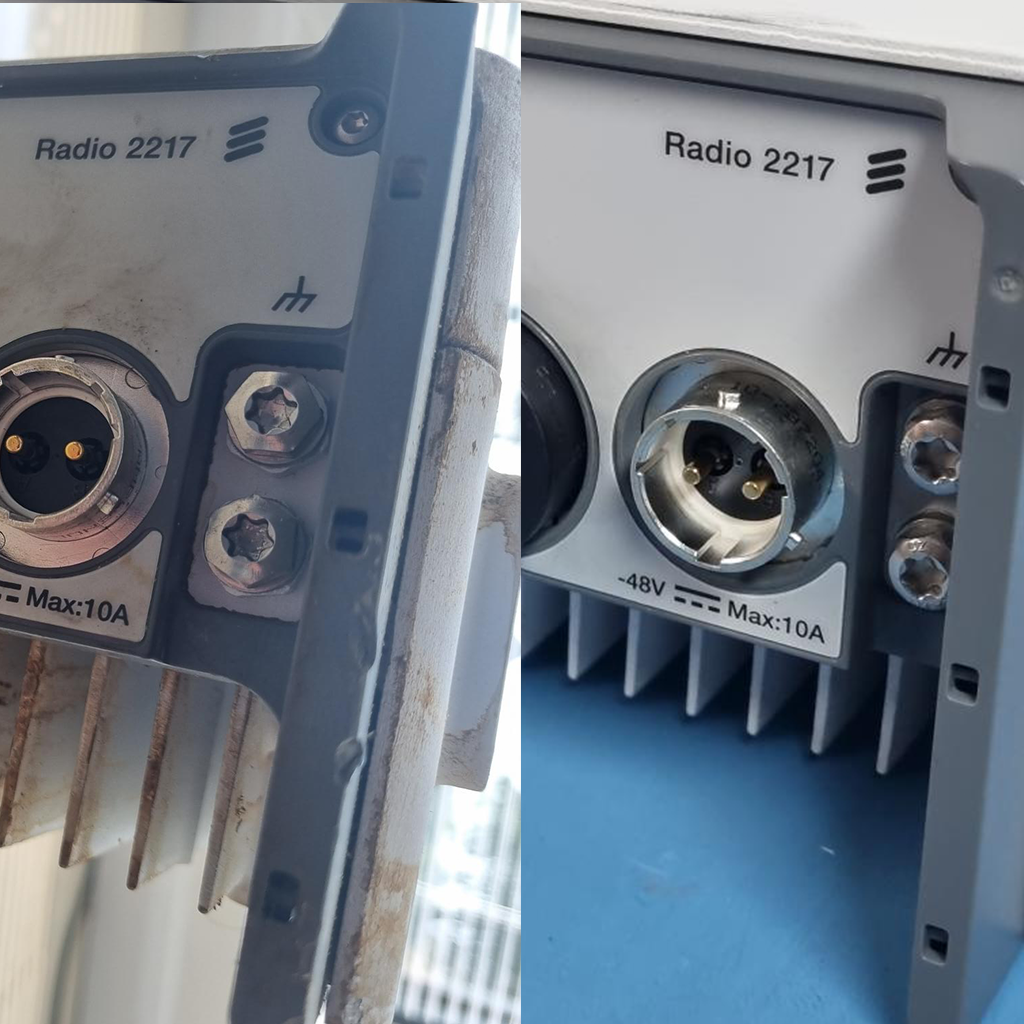In the rapidly evolving telecommunications industry, where innovation and technological advancements are shaping the landscape, legacy telecommunications networks continue to play a crucial role. These systems that are not the state of the art, although robust and reliable, often face unique challenges that require specialised attention. Remote technical support, particularly at Level 3, has emerged as a pivotal element in maintaining and optimising these legacy networks. In this blog, we delve into the significant role of remote technical support in telecom operations, with a focus on legacy systems and the critical nature of Level 3 support.
Understanding Legacy Telecommunications Networks
Legacy telecommunications networks refer to the older infrastructure and technologies that were established prior to the advent of modern digital systems. These can include analogue switches, copper wire networks, and early-generation digital technologies. Despite being overshadowed by contemporary advancements, legacy networks are still operational and fully working, often serving as the backbone for essential communication services.
These legacy systems are stated as End of Life, EoL, by the OEM, however the role they play is crucial to maintain the performance of a Telecom Network.
The Importance of Maintaining Legacy Systems
Maintaining legacy telecommunications networks is essential for several reasons:
Reliability: During their life time these systems have been constantly updated to solve the detected issues and implement new features allowing them to became a very reliable system, ensuring a stable service without major impacts to their clients.
Cost Efficiency: For many organisations, the impact of replacing an entire legacy system with modern infrastructure is cost-prohibitive, not only by the cost of the infrastructure itself but also the time consuming and resources needed to be allocated for the replacement.
Regulatory Compliance: Certain regions and industries are mandated to maintain legacy systems for compliance with specific regulations.
Given their importance, ensuring the smooth operation of these networks is crucial, which brings us to the role of remote technical support.
The Role of Remote Technical Support
Remote technical support involves providing troubleshooting, proactive maintenance, and operational guidance from a distant location, often through digital communication channels. This approach is highly effective for several reasons:
Accessibility: Assistance is provided by experts regardless of geographical barriers.
Cost-Effectiveness: Reduces impact on the services as it is provided anytime anywhere.
Efficiency: Enables quicker response times and resolution of issues.
The Significance of Level 3 Remote Technical Support
Within the hierarchy of technical support, Level 3 support stands out as the most advanced and specialised tier. This level of support involves highly skilled engineers and experts who have an in-depth understanding of complex systems and intricate technical issues. The role of Level 3 remote technical support in legacy telecommunications networks is particularly crucial due to the following reasons:
Expertise and Knowledge
Level 3 engineers possess extensive knowledge and expertise in the systems. They are well-versed in the intricacies of technologies, which often require specialised skills that are not as common in modern systems. Their ability to diagnose and resolve complex issues that Level 1 and Level 2 support cannot handle is indispensable.
Advanced Troubleshooting
Legacy systems can present unique challenges and require advanced troubleshooting knowledge and expertise techniques. This is key to identifying and addressing problems efficiently. Their ability to perform root cause analysis ensures that issues are resolved at their source, preventing recurring problems.
Conclusion
In the realm of telecommunications, the importance of maintaining legacy networks cannot be overstated. These systems continue to provide reliable and essential services to many users. The role of remote technical support, especially at Level 3, is critical in ensuring these legacy systems operate smoothly and efficiently. With their specialised knowledge, advanced troubleshooting capabilities, and ability to recover the systems, Level 3 support teams are invaluable assets in the ongoing maintenance and optimisation of legacy telecommunications networks.
At Carritech, we recognise the vital role of remote technical support in sustaining the telecom industry’s foundational infrastructure. Our commitment to providing top-tier Level 3 support ensures that our clients’ legacy systems remain reliable, cost-effective, and fully operational in an ever-changing technological landscape.

